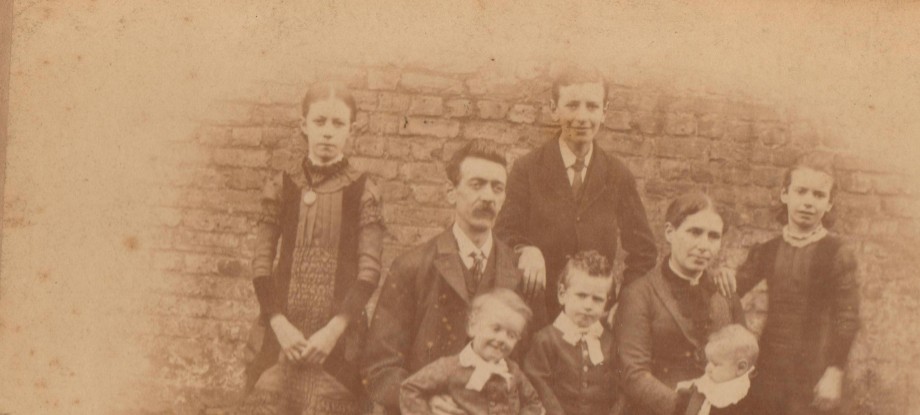I disagree with Tolstoy. (‘Every unhappy family is unhappy in its own way’ – Anna Karenina.) It seems to me that when we witness, in fact or fiction, some pain or difficulty in family life, we often see connections to our own. I have just seen a searing play about two sisters (Little Light by Alice Birch at the Orange Tree Theatre in Richmond), which left my companion and me in a state of high emotion, as we each recognized in it something horribly ‘familiar’ (Oxford English Dictionary definition ‘on a family footing’ ) – and I don’t even have a sister. On the same day, I listened to a friend describing the tensions that were building up around her younger daughter’s wedding, and was well able to empathise – and I don’t even have a daughter. We can identify with stories of family just because we are all part of one , and we understand that huge dramas take place within it, some of them most unpleasant. I dislike the way that, after a disaster such as a ‘tsunami’ or an aeroplane crash, the saccharine words ‘loved ones’ are used in the media, referring to the victims as if they had all lived on a kind of Valentine’s Day cloud. I find myself wondering if some of their surviving kith and kin might be haunted by the fact they had just had a blazing row with one of the victims, or be thinking of ending a longstanding rift and now it’s too late, or be secretly rejoicing because they really did wish the victim was dead.
With these thoughts in mind, I wonder what is the likely reader response to those of us writing family history. We often ask ourselves ‘Of what interest is this story to people outside the family?’ Perhaps we underestimate the fascination that lies in family life itself – the ups and downs of fortune, the squabbles and making-ups, the jealousies and envies, the way illness or death disrupt the flow and overturn expectations, the generation struggles. ‘Family’, in this context, means more than the nuclear family consisting of two parents who produce 2.4 children. Each generation brings new blood into the mix, changing the dynamic. Aunts, uncles, cousins, in-laws, grandparents all have their part to play. And there may be other kinds of ‘families’ created at work or play, in church or politics, where other loyalties build up, adding to the complex pattern that makes up each person’s life and relationships. That complexity may be of interest in itself.
Conventional history was about kings and queens, but for them too, family life played the greatest part. In Tudor: The Family Story (2013) (ISBN: 9780099555285), Leanda de Lisle showed how the main pre-occupations in that dynasty were not about state affairs. The decisions they made impinged on their ‘people’ of course, but were motivated by concerns about the family. The story of each royal dynasty is compelling just because it’s a family story. In my stage-struck teenage years, one of my favourite novels was Broome Stages by Clemence Dane (Heinemann, 1931), in which she transplanted the Plantagenet dynasty into the world of 18th century English theatre. The succeeding generations of a medieval family created a palimpsest, on which a new story could be inscribed.
© Diana Devlin

